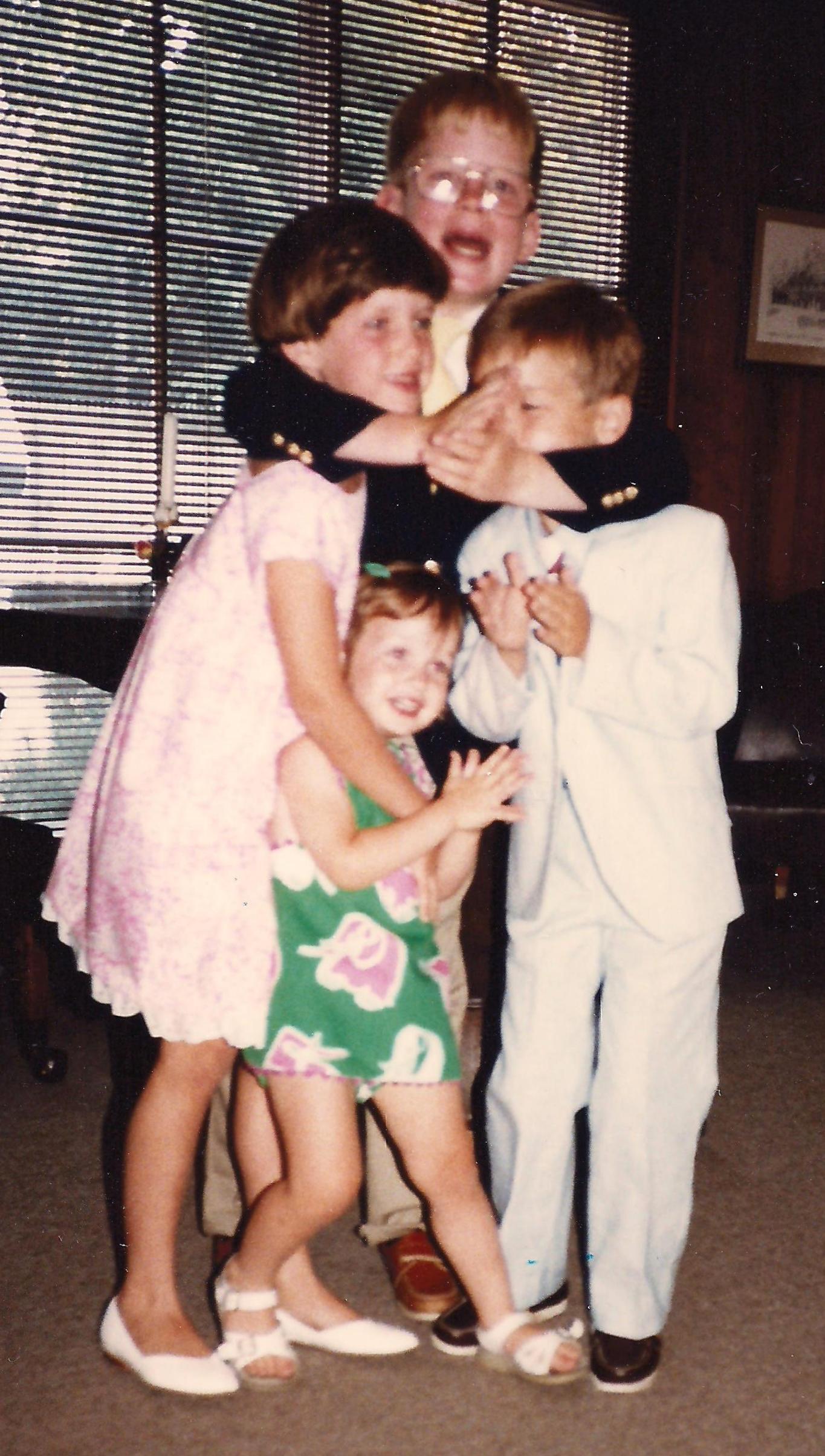
My kids and their cousins often visited their mutual grandparents (my in-laws) when they were children. When it was time to leave, my father-in-law would call them aside and hand them each a $20 bill. I told my children not to expect Grandpa’s generosity and to thank him when it did occur. Nevertheless, Grandpa almost always did pass out the bills, and it became a regular part of their visits.
The oldest of the four cousins was Andrew. On one occasion, when Andrew was about seven or so, Grandpa called him over. “Here’s your Andrew Jackson,” Grandpa told him, as he gave him a $20 bill. (Andrew’s last name is not Jackson, but I won’t tell you what it is.)
Andy’s five-year-old sister Libby wasn’t around when her big brother got his gift. When she heard her big brother had received his Andrew Jackson, Libby went straight to Grandpa. “Where’s my Libby Jackson?” she asked.
Grandpa looked confused. “What do you mean?”
“You gave Andy an Andrew Jackson. I want my Libby Jackson.”
That set Grandpa to roaring with laughter. And, of course, he gave Libby her $20, no matter what she called it.
This story became one of Grandpa’s favorite family anecdotes, told many times over the years. Grandpa continued passing out his Andrew Jacksons until the kids were grown (and even after). In their teenage years, I think they relied on Grandpa to help with gas money. In their adult years, it was a fun (and practical) reminder of their childhood.
Libby is now married and about to have her fourth child. Her oldest two are almost of the age that Andy and Libby were when the Libby Jackson incident occurred.
I thought of our Libby Jackson family story when I learned that the Treasury Department is going to replace Andrew Jackson with Harriet Tubman on the $20 bill. As they grow and are told our family’s stories, Libby’s children won’t understand the humor in this tale about their mother—Libby Jackson won’t mean anything to them.
And there’s no one in the family named Harriet to prompt a similar mistake.
As time passes, circumstances change, and history becomes history. What is relevant in one age is irrelevant in the next. That is as true in families as in nations and in the world.
When bad things happen, we frequently thinks “this too shall pass.” But we need to remember that the good things (and people) pass away also. Write down your family’s stories now, lest they be forgotten—but remember to explain their significance to keep your past alive.
Are there stories in your family that have lost their meaning over time?




Good idea! Thanks for a funny for Monday!